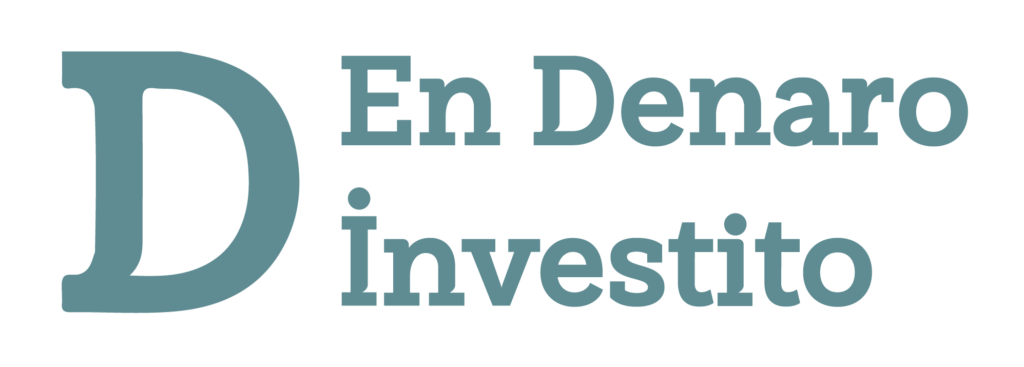Managing expenses is a crucial aspect of personal finance and business operations. Understanding how to effectively track and optimize your expenditures can lead to significant savings and financial stability. In this post, we’ll explore essential strategies for keeping your expenses in check.
In today’s fast-paced world, expenses can quickly spiral out of control if not monitored properly. Whether you’re an individual trying to save more or a business aiming for profitability, gaining insights into your spending patterns is fundamental. We will discuss practical tips to help you maintain a healthy balance between your income and expenses.
By minimizing unnecessary expenses, you can allocate more resources towards achieving your financial goals. From using budgeting tools to adopting smarter spending habits, there are various methods to ensure your expenses align with your financial plans. Join us as we delve into effective ways to manage and reduce your expenses.
Understanding Your Expenses
One of the first steps in managing expenses is to understand where your money is going. Categorizing your expenses can help identify areas where you may be overspending. Common categories include necessities such as housing, utilities, and groceries, as well as discretionary spending on entertainment, dining out, and luxury items.
Once you have categorized your expenditures, you can analyze trends over time. This analysis provides insights into spending habits that may require adjustments. For instance, tracking monthly grocery expenses can highlight fluctuations and potential savings opportunities.
Additionally, understanding fixed versus variable expenses is essential. Fixed expenses remain consistent each period, like rent or mortgage payments, while variable expenses can vary, like dining out. Differentiating between these helps prioritize spending cuts if necessary.
Setting a Realistic Budget
Creating a realistic budget is a cornerstone of expense management. A successful budget aligns with your income and financial goals. Start by assessing your monthly income and fixed expenses to establish a baseline for necessary expenditures.
Incorporate discretionary spending limits into your budget. Allocate funds for leisure and non-essential purchases to prevent overspending. This approach ensures that you enjoy life’s pleasures without compromising financial stability.
It’s crucial to revisit and adjust your budget as circumstances change. Life events like job changes or family growth can impact financial needs. Adapting your budget ensures continued alignment with your current financial situation and goals.
Utilizing Budgeting Tools
Budgeting tools and apps have revolutionized how individuals and businesses manage their expenses. These tools offer features such as automated expense tracking, bill reminders, and financial reports. They simplify the process of staying on top of your finances.
Many budgeting tools allow synchronization with bank accounts, providing real-time updates on transactions. This integration minimizes the risk of missing important spending information and helps maintain accuracy in tracking your financial status.
Furthermore, some apps offer spending alerts when nearing set budget limits, helping users stay accountable to their financial goals. By utilizing technology, you can gain better control over your expenses and make informed financial decisions.
Adopting Smarter Spending Habits
Smarter spending habits contribute significantly to managing expenses effectively. One approach is to differentiate between needs and wants. Prioritizing essential purchases over non-essential ones can prevent impulsive spending and maintain financial discipline.
Another useful habit is seeking discounts and deals. Taking advantage of sales promotions, loyalty programs, and coupons can lead to substantial savings over time. This approach requires diligence and planning but can yield considerable financial benefits.
Moreover, considering alternative brands or products can also contribute to expense reduction. Opting for generic or store brands instead of premium ones can offer similar quality at a lower cost, ensuring you remain within budget.
Minimizing Unnecessary Expenses
Identifying and minimizing unnecessary expenses is vital for cost-efficient living. Start by reviewing recurring subscriptions and memberships. Cancel or downgrade those that no longer add value or align with your priorities.
Eliminating wasteful habits can also save money. For instance, reducing energy consumption at home not only lowers utility bills but also benefits the environment. Simple actions like unplugging devices when not in use can make a difference.
Finally, reviewing insurance policies and coverage options regularly can uncover potential savings. Ensuring you’re not over-insured or paying for redundant coverage can help free up funds for other financial priorities.
Conclusion
In conclusion, effective expense management requires a strategic approach and consistent monitoring. By understanding your expenses, setting a realistic budget, utilizing budgeting tools, adopting smarter spending habits, and minimizing unnecessary costs, you can achieve greater financial stability and success. Implementing these strategies will help you maintain control over your finances, ensuring that your expenses align with your broader financial goals.













